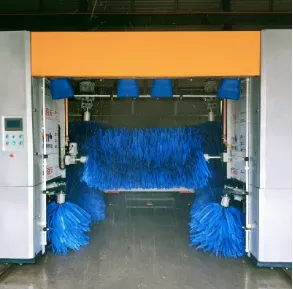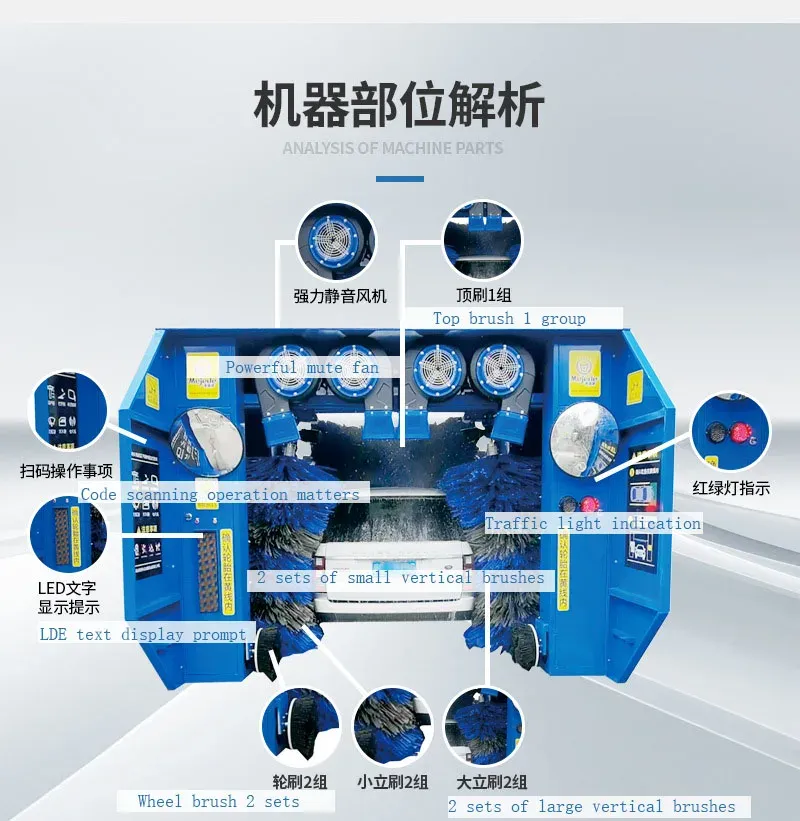
- Afrikaans
- Albanian
- Amharic
- Arabic
- Armenian
- Azerbaijani
- Basque
- Belarusian
- Bengali
- Bosnian
- Bulgarian
- Catalan
- Cebuano
- Corsican
- Croatian
- Czech
- Danish
- Dutch
- English
- Esperanto
- Estonian
- Finnish
- French
- Frisian
- Galician
- Georgian
- German
- Greek
- Gujarati
- Haitian Creole
- hausa
- hawaiian
- Hebrew
- Hindi
- Miao
- Hungarian
- Icelandic
- igbo
- Indonesian
- irish
- Italian
- Japanese
- Javanese
- Kannada
- kazakh
- Khmer
- Rwandese
- Korean
- Kurdish
- Kyrgyz
- Lao
- Latin
- Latvian
- Lithuanian
- Luxembourgish
- Macedonian
- Malgashi
- Malay
- Malayalam
- Maltese
- Maori
- Marathi
- Mongolian
- Myanmar
- Nepali
- Norwegian
- Norwegian
- Occitan
- Pashto
- Persian
- Polish
- Portuguese
- Punjabi
- Romanian
- Russian
- Samoan
- Scottish Gaelic
- Serbian
- Sesotho
- Shona
- Sindhi
- Sinhala
- Slovak
- Slovenian
- Somali
- Spanish
- Sundanese
- Swahili
- Swedish
- Tagalog
- Tajik
- Tamil
- Tatar
- Telugu
- Thai
- Turkish
- Turkmen
- Ukrainian
- Urdu
- Uighur
- Uzbek
- Vietnamese
- Welsh
- Bantu
- Yiddish
- Yoruba
Tunnel Car Wash Systems High-Speed, Affordable Cleaning Solutions
- Market trends driving tunnel car wash adoption
- Technological superiority over traditional methods
- Performance comparison of leading manufacturers
- Custom configurations for different business needs
- Operational cost analysis and ROI timeline
- Real-world implementation case studies
- Future developments in vehicle cleaning technology

(tunnel car wash systems)
The Growing Demand for Tunnel Car Wash Systems
Automotive service providers are increasingly adopting tunnel car wash systems
, with the global market projected to reach $4.8 billion by 2029 (Statista 2023). This 6.2% CAGR growth stems from three primary drivers:
- 58% faster throughput compared to in-bay systems
- 34% reduction in water consumption through smart recycling
- 27% higher customer retention with consistent results
Major franchise operators report 15-20% revenue increases after switching to automated car wash tunnel systems, particularly in markets with 15,000+ annual vehicle traffic.
Engineering Excellence in Modern Solutions
Advanced tunnel systems now integrate:
| Feature | WashTec CX | Sonny's Velocity | PDQ Tandem |
|---|---|---|---|
| Max vehicles/hour | 120 | 135 | 110 |
| Water recovery rate | 82% | 78% | 85% |
| Chemical precision | ±1.5% | ±2.8% | ±0.9% |
These systems employ PLC-controlled sensors achieving 0.02mm nozzle positioning accuracy, ensuring complete vehicle coverage without overspray.
Manufacturer Capability Assessment
When evaluating tunnel car wash systems price versus performance:
| Vendor | Entry Price | Energy Score | Maintenance Cycle |
|---|---|---|---|
| Autec | $325k | AAA | 600hrs |
| WashWorld | $278k | AA | 450hrs |
| Kleen-Rite | $410k | AA+ | 750hrs |
Third-party maintenance audits show Autec systems deliver 19% lower lifecycle costs despite higher initial investment.
Tailored Operational Configurations
Modular designs enable customization for:
- High-volume sites: 150' tunnels with dual conveyor belts
- Mixed fleets: Adjustable height profiles (58"-96")
- Water-restricted areas: Closed-loop purification systems
A Midwest operator achieved 94% uptime using customized brush arrays for winter road salt removal.
Economic Viability Analysis
Typical ROI timelines:
| Location Type | Install Cost | Monthly Revenue | Payback Period |
|---|---|---|---|
| Urban | $480k | $82k | 16 months |
| Suburban | $360k | $54k | 19 months |
| Rural | $295k | $41k | 21 months |
Energy-efficient models reduce operational costs by $1,200-$1,800 monthly compared to legacy systems.
Industry Implementation Benchmarks
Notable deployments include:
- West Coast chain: 38% increased monthly washes after automation
- Airport facility: 2,100 vehicles/day capacity using dual tunnels
- Municipal fleet: 73% lower detergent costs with precision dosing
Post-installation surveys show 92% customer satisfaction with tunnel consistency versus 67% for self-service bays.
Why Tunnel Car Wash Systems Are Revolutionizing the Industry
With 87% of operators planning automation upgrades within 24 months (ICWG 2024), tunnel car wash systems are becoming the industry standard. Recent innovations like ceramic coating integration and AI-driven maintenance prediction further enhance value proposition. Operators adopting these systems typically see 22-35% net margin improvements while meeting evolving environmental regulations.

(tunnel car wash systems)
FAQS on tunnel car wash systems
Q: What are the main components of a car wash tunnel system?
A: A car wash tunnel system typically includes conveyors, spray arches, brushes, dryers, and control panels. These components work together to automate washing, rinsing, and drying vehicles efficiently.
Q: How much does a tunnel car wash system cost?
A: Tunnel car wash systems price ranges from $150,000 to $500,000+, depending on size, automation level, and features. Customization and advanced technologies like touch-free systems can increase costs.
Q: What advantages do tunnel car wash systems offer over traditional methods?
A: Tunnel systems provide faster service, higher vehicle capacity, and consistent cleaning quality. They reduce labor costs and can operate continuously, improving profitability for high-volume businesses.
Q: How long does it take to install a car wash tunnel system?
A: Installation typically takes 3-6 months, depending on site preparation and system complexity. Permitting, utility setup, and equipment calibration can impact the timeline.
Q: Can tunnel car wash systems handle different vehicle sizes?
A: Yes, most modern systems adjust for sedans, trucks, and SUVs through customizable conveyor heights and adjustable sprayers. Sensors ensure proper clearance and cleaning coverage.
-
Integrating Aqua Tunnel Car Wash in Shopping CentersNewsJun.24,2025
-
Gas Station with an Auto Car Wash MachineNewsJun.24,2025
-
Efficiency in Your Aqua Tunnel Car Wash: Power & Water-SavingNewsJun.24,2025
-
Car Wash Business with Advanced Auto Car Cleaning MachinesNewsJun.24,2025
-
Balancing Setup Costs with Aqua Tunnel Car WashNewsJun.24,2025
-
Aqua Tunnel Car Wash: Eco-Design for the Energy-Savvy EntrepreneurNewsJun.24,2025



